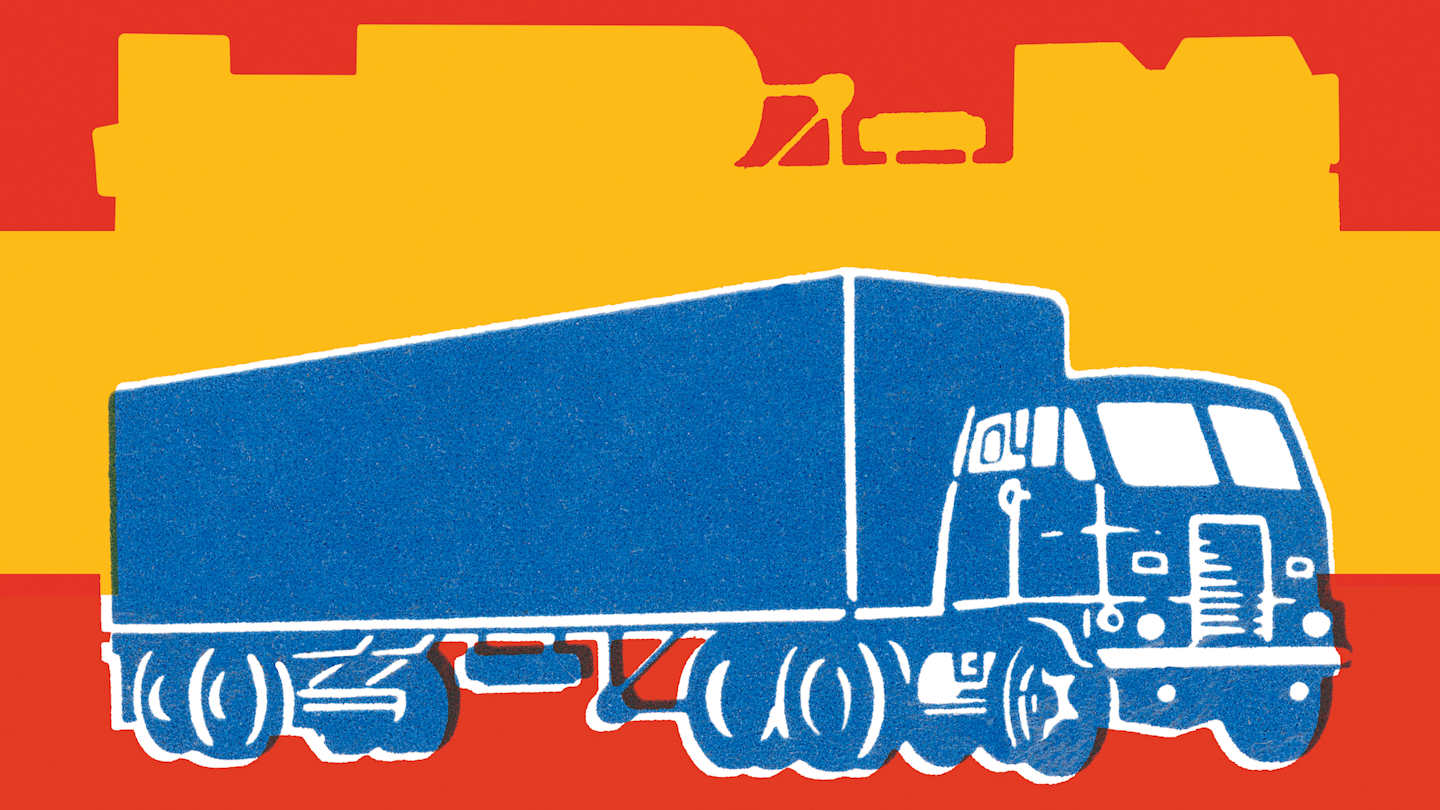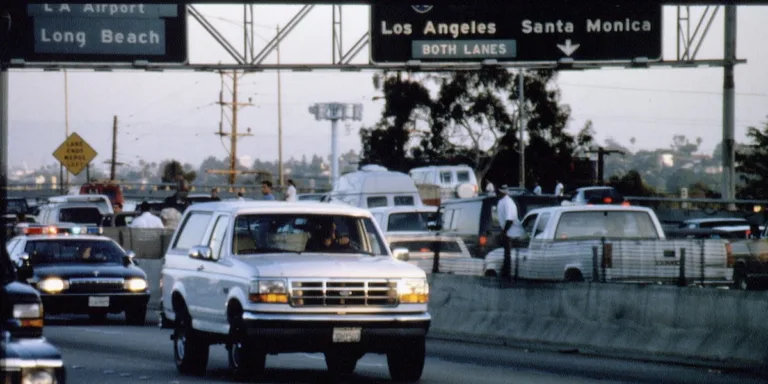The world of transportation is a Fascinating One, filled with specialized terminology that can be quite confusing if you’re not familiar with it. Take, for instance, the term “lorry.” If you’re from America, you might think of a semi-trailer or an 18-wheeler when you hear that word. But in the Uk, “lorry” refers to a specific type of large vehicle used for transporting goods. It’s a world apart from its American counterparts, with its own unique history and Cultural Significance.
While there’s some debate about whether a lorry needs a separate cab and cargo unit, it generally refers to a big rig designed for hauling heavy loads across the country. Imagine it as the backbone of Britain’S Economy, constantly moving goods from factories and warehouses to shops and homes. You see them everywhere in the Uk, navigating busy city streets and winding Countryside Roads. These titans of the road are an essential part of British life, Often Overlooked Yet Always There, Quietly Doing Their Job.
The term “lorry” has a rich history that dates Back Centuries, Evolving From Simple horse-drawn wagons to the powerful engines We See Today. Understanding its origins sheds light on how transportation has shaped Britain’s past and present.
Lorry vs Truck: A Tale of Two Terms
One of the most common questions people have when encountering the term “lorry” is, “What’s the difference between a lorry and a truck?” While both terms refer to large vehicles used for hauling cargo, there are subtle distinctions that often Cause Confusion. In essence, “truck” is the more general term, encompassing various types of heavy-duty vehicles used across the globe.
In contrast, “lorry,” primarily used in British English, carries a more specific connotation. It typically refers to a large truck designed for road transport within the Uk. Think of it as a specialized breed within the wider category of trucks. Imagine a group of different dog breeds—a husky, a poodle, and a German shepherd. They’Re All Dogs, but they have unique characteristics and purposes. Similarly, “truck” is the broad category, while “lorry” represents a specific type within that category, tailored to the needs of Uk roads and transport systems.
This distinction isn’T Just About Semantics; it reflects the historical evolution of transportation terminology in different regions. As trade routes developed and transport Infrastructure Evolved, so did the language used to Describe These Vehicles.
The Origins of ‘Lorry’
The journey to understand “lorry” starts with its roots in the 17th century, a time when horses were the primary power source for hauling goods. Back then, a common term was “Lurry,” which essentially meant to carry or Drag Along Something Heavy. This verb gradually morphed into the noun “lorry,” initially describing a long, Flat Wagon Without Sides, pulled by animals and used for Transporting Larger Items.
Imagine these early lorries trundling down Dusty Roads, their wooden wheels leaving tracks in the mud. They were essential for moving agricultural produce, Raw Materials, and manufactured goods across the countryside. As technology progressed, horse-drawn wagons gave way to motorized vehicles, and by the early 20th century, “lorry” had evolved to encompass these new engines of transportation. It’s a testament to how language adapts and changes over time, reflecting the evolution of our world.
The word “lorry” Has Thus Traveled Through Centuries, from its humble beginnings as a simple verb describing the act of hauling to its current status as a distinct term for a specific type of vehicle used in Britain and beyond. It’s a fascinating example of how language can encapsulate the history and evolution of our transportation systems.
 What Does JNCO Stand For? History & Rise of JNCO Jeans
What Does JNCO Stand For? History & Rise of JNCO JeansEvolving Meanings and Definitions
Like any word with a long history, “lorry” hasn’t always been used in the Same Way. Over time, its meaning and definition have evolved to reflect changes in technology, Transportation Practices, and even social norms. Think of it as a linguistic chameleon, adapting to its environment and taking on new shades of meaning along the way.
In the early days, “lorry” Often Referred To Any horse-drawn wagon used for hauling goods. However, with the advent of motorized vehicles in the early 20th century, the term started to be more specifically applied to large trucks designed for road transport. This shift mirrored the changing landscape of transportation, where internal combustion engines gradually replaced Animal Power. Today, “lorry” is primarily associated with those massive vehicles we see on Uk roads, moving everything from groceries to construction materials.
Interestingly, some regional variations still exist in how “lorry” is used. While it’s widely recognized as the term for large trucks in Britain, other areas might use terms like “truck,” “articulated lorry” (referring to vehicles with a separate cab and trailer), or even “British Lorry” to differentiate them from their American counterparts. This highlights how language can be Incredibly Diverse, even within a single country.
Lorries in Modern Britain
In modern Britain, lorries are an indispensable part of everyday life, quietly keeping the wheels of the Economy Turning. From supermarkets stocked with fresh produce to construction sites bustling with activity, lorries play a vital role in transporting goods that power our daily lives. Imagine a world without these tireless transporters—shelves would be bare, buildings wouldn’T Rise, and the country would grind to a halt.
They navigate a complex network of roads, weaving through towns and villages, traversing motorways and winding country lanes. Lorry drivers are often unsung heroes, working long hours to ensure that goods arrive on time and in Good Condition. They face numerous challenges, Including Traffic Congestion, Strict Regulations, and tight deadlines, Yet They Consistently Deliver, keeping Britain moving forward.
Beyond their practical role, lorries also hold a unique place in British culture. They’ve become iconic symbols of industry, Hard Work, and the constant hum of activity that defines modern life. From classic films depicting lorry drivers to popular songs celebrating their journeys, lorries have captured the imagination of the public and woven themselves into the fabric of British society.
Shifting Landscapes of Transport
The transport landscape is constantly evolving, influenced by technological advancements, Environmental Concerns, and shifting societal needs. While lorries remain a vital part of this system, new challenges and opportunities are emerging that are reshaping the way goods are moved around Britain.
One significant trend is the rise of alternative fuel sources. Electric lorries are gaining traction, promising cleaner emissions and reduced reliance on fossil fuels. Imagine fleets of silent, emission-Free Trucks Navigating Our Streets, leaving behind a much lighter environmental footprint. This shift towards sustainable transportation is crucial for mitigating climate change and creating a more eco-Friendly Future.
Another development is the increasing use of automation in the transport sector. Self-driving lorries are being tested and refined, with the potential to improve efficiency, safety, and driver working conditions. While this technology is still in Its Early Stages, it holds immense promise for transforming the way lorries operate in the Years To Come.










